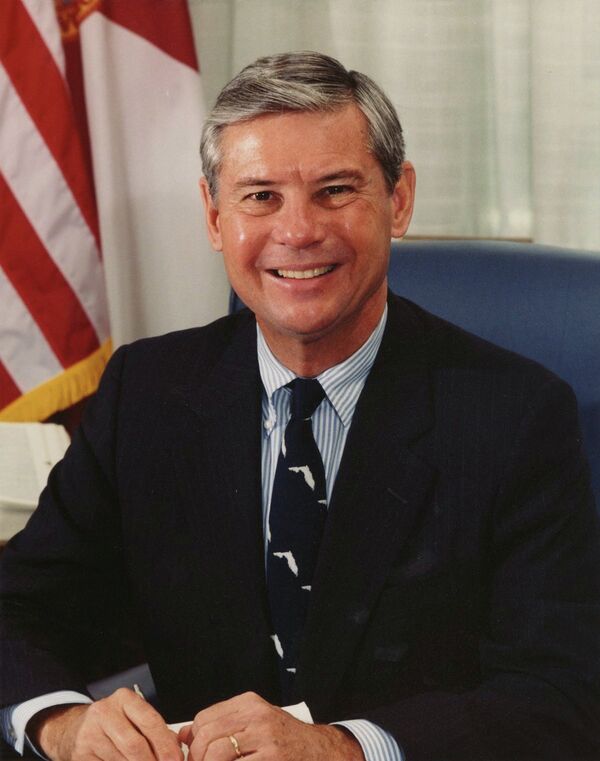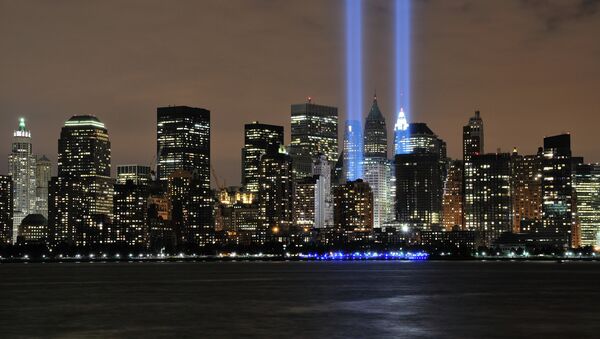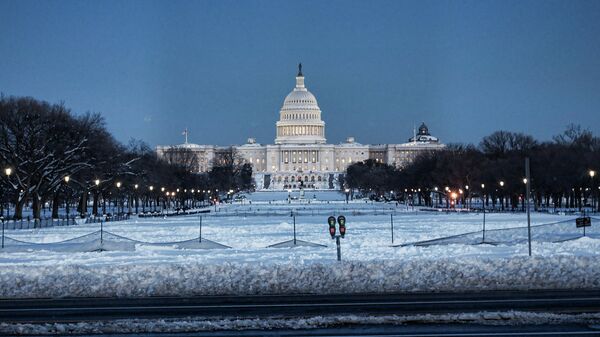Wednesday, Representatives Walter Jones, a Republican from North Carolina, and Stephen Lynch, a Democrat from Massachusetts, introduced legislation urging President Obama to declassify the 28 pages.
These congressmen have read the pages, huddled within the Capitol’s basement, and they say the pages reveal crucial information about the 9/11 hijackers financing. Namely, that they were funded by the Saudi Arabian government.
“There are a lot of rocks out there that have been purposefully tamped down,” says Florida Senator Bob Graham, a Democrat, and co-chair of the 9/11 Commission. “[And] if they were turned over, [it] would give us a more expansive view of the Saudi role.”

An Open Investigation
Following the September 11 attacks, the 9/11 Commission was established to provide a clear picture of just how such an event came to pass. The bipartisan commission consisted of five Democrats and five Republicans.
The “full” report was published in 2004.
Except for one 28-page chapter, redacted by President Bush on the grounds that information within those pages could hamper U.S. foreign policy efforts to effectively fight the war on terror.
“It’s not a national security issue,” Jones recently told Newsweek. “There is no reason the 28 pages have not been made public.”
“I assumed all along that our records would be public – all of them, everything,” says Former New Jersey Governor Thomas Kean, chair of the 9/11 Commission. “When I learned that a number of documents were classified or were even redacted, I was surprised and disappointed. I am embarrassed to be associated with a work product that is secret.”
The Saudi Connection
With the hidden chapter still under lock and key, it’s impossible to know what they say for sure, but the pages’ authors and those who have read them since give us some idea of why these documents are so important.
“The 28 pages primarily relate to who financed 9/11 and they point a very strong finger at Saudi Arabia as being the principal financier,” said Graham.
An available segment of the 9/11 Commission revealed that “contacts in the United States helped hijackers find housing, open bank accounts, obtain drivers licenses, locate flight schools, and facilitate transactions.”
But Graham adds that part of the redacted information found that those contacts were Saudi nationals with strong connections to the Saudi government.
“I think that in a very tightly controlled institution like the Kingdom of Saudi Arabia, activities that would be potentially negative to its relationship with its closest ally, the United States, would not have been made at any but the highest levels,” he said.
For Graham and other congressmen pushing for the pages’ release, this isn’t just about righting wrongs of the past. Old problems with Saudi Arabia could relate to current struggles against ISIL.
While Saudi Arabia has publicly condemned ISIL, Graham claims “Saudi Arabia has not stopped its interest in spreading extreme Wahhabism.”
“ISIS,” he added, “is a product of Saudi ideals, Saudi money, and Saudi organizational support." The U.S. continues to tout the importance of national security in keeping the pages classified. The administration may also be concerned that if a Saudi connection were proven, then 9/11 victims could, conceivably, sue the Saudi Arabian government.
President Obama reportedly told 9/11 families that he would make all information regarding the 9/11 Commission public. Even Saudi Arabia is calling for the pages’ release, with Prince Bandar bin Sultan saying “Saudi Arabia has nothing to hide.”
Whether Obama will cave under this renewed legislation remains to be seen.



